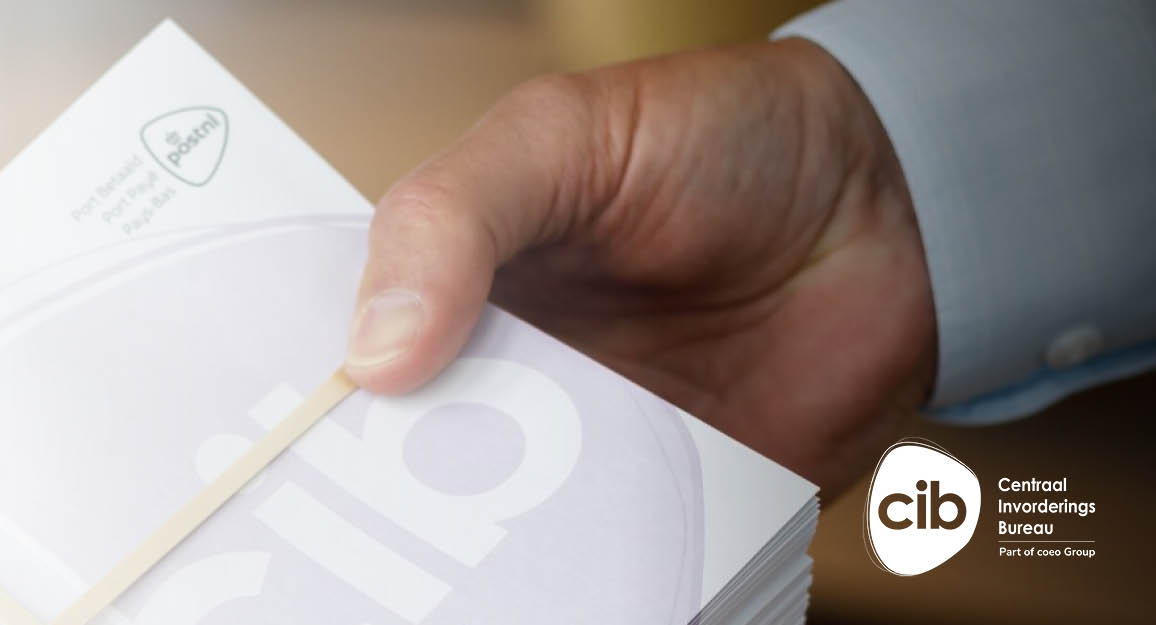by Johan de Jager, Operations Manager at Centraal Invorderings Bureau
It is a particularly challenging time for many Dutch companies. From small to large and in almost every industry. The lock-down has turned the economy upside down. This, of course, also has an effect on debt collection cases. The number of debt collection cases plummeted and the number of payment arrangements increased by an average of 30%. The e-commerce sector, on the other hand, had a 20% rebound in the number of debt collection cases at the end of 2020. The increase was undoubtedly due to the (forced) shift in consumer purchasing behavior from offline to online.
For CIB, as for everyone else, the beginning of Covid-19 was a time in which we asked ourselves ’what is happening to us?’ The number of debt collection cases plummeted significantly. In the summer of 2020, this ended up being 30% less on average than before the crisis. Not surprising, of course, because it was a time of caution and uncertainty for everyone. Even for citizens who are still in paid employment. Consumers who were already in a financially difficult situation, are extra vulnerable due to the corona crisis. And of course the many entrepreneurs and companies that are deeply affected by the lockdown. The impact is enormous.
More requests for help and payment arrangements
CIB has noticed that its clients have adopted a more lenient attitude in the dunning process and are more often in discussions with customers to find a joint solution for outstanding amounts. It is not without reason that the number of payment arrangements has increased by more than 30%. That was even 50% more than before the crisis. Clients are well aware of the difficult period that many of their customers are going through. Organizations have become more aware of people instead of focusing on the debt . An important benefit is the focus on (improving) the debtor process.
More time to pay
Clients of CIB gave consumers more time to pay. At the beginning of 2020, they still offered an average period of four months. This average increased to about seven months during the corona crisis. At the beginning of 2021, the payment term is six months. Companies that let their debtors process run longer, offered 20% fewer outstanding invoices to be collected by CIB.
Fewer legal collection cases
The number of invoices that could not be collected permanently is higher than in the year 2019. The number of collection cases that were taken to court has decreased drastically. Clients want to avoid additional rising costs for the customer and themselves.. Legal collection cases become less necessary or more time will pass before they will be treated as legal collection cases because consumers can benefit from a longer payment term.
Companies are well aware of the seriousness of the crisis. This creates greater support to find a solution for the late payments, together with the customer. With some caution, we can say that consumer confidence seems to be carefully recovering. The number of debt collection cases has returned to its pre-crisis level.
Read the original article here. Find out more about CIB here.
Source: https://cibincasso.nl/kennis-en-informatie/kennisbank/zo-anders-is-incasseren-in-coronatijd/


